A ban on live sheep and cattle exports from New Zealand came into force on 30 April.
The ban, officially signed into New Zealand law last September as part of an animal welfare amendment bill, means no cattle or sheep can now be exported live from the country.
In 2021, the New Zealand government first announced live exports by sea would be banned following a review of the practice.
The move came following the sinking of a cattle ship from New Zealand, the Gulf Livestock 1, during a typhoon, killing 41 crew members and 6,000 animals.
In 2020, the capsizing of another export ship killed 14,000 sheep and in 2021, 3,000 further cattle were stranded at sea for three months, leaving many dead or starving.
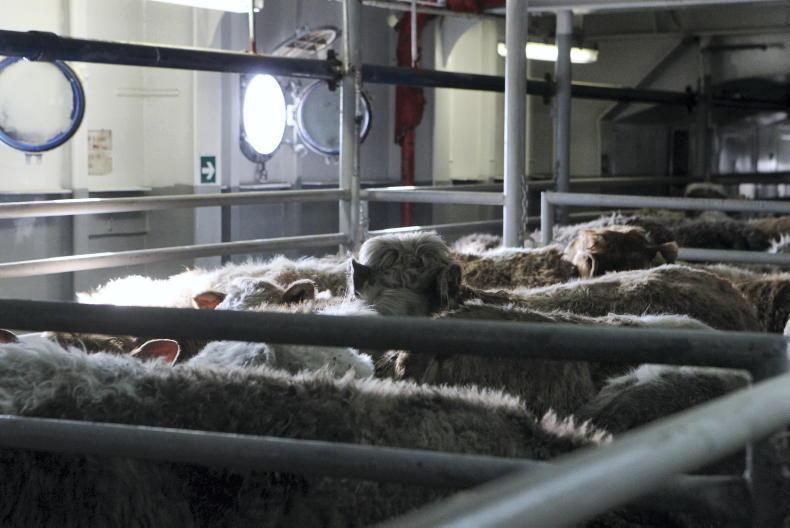
The live sea export ban comes following a number of ship sinkings which killed several thousand livestock.
New Zealand’s legislators bowed to the public pressure created by the incidents and moved to ban live exports altogether.
Reaction
The last shipment of live cattle from New Zealand is understood to have been completed last week.
Live Export New Zealand chief executive Mark Willis said the organisation is disappointed with the slow wind down of cattle and sheep exports from the country.

New Zealand's last live exports by sea were completed last week. \ Philip Doyle
“Animal welfare standards now well exceed international best practice. We’ve worked collaboratively with the Ministry for Primary Industries to develop a superior set of standards to ensure that animals experience the highest levels of care during export,” he said.
The total value of live animal exports from New Zealand in 2022 was €297m.
Read more
EU sheepmeat imports to rise by 8% in 2023
New Zealand to end livestock exports by sea
Brazil bans live cattle exports
A ban on live sheep and cattle exports from New Zealand came into force on 30 April.
The ban, officially signed into New Zealand law last September as part of an animal welfare amendment bill, means no cattle or sheep can now be exported live from the country.
In 2021, the New Zealand government first announced live exports by sea would be banned following a review of the practice.
The move came following the sinking of a cattle ship from New Zealand, the Gulf Livestock 1, during a typhoon, killing 41 crew members and 6,000 animals.
In 2020, the capsizing of another export ship killed 14,000 sheep and in 2021, 3,000 further cattle were stranded at sea for three months, leaving many dead or starving.

The live sea export ban comes following a number of ship sinkings which killed several thousand livestock.
New Zealand’s legislators bowed to the public pressure created by the incidents and moved to ban live exports altogether.
Reaction
The last shipment of live cattle from New Zealand is understood to have been completed last week.
Live Export New Zealand chief executive Mark Willis said the organisation is disappointed with the slow wind down of cattle and sheep exports from the country.

New Zealand's last live exports by sea were completed last week. \ Philip Doyle
“Animal welfare standards now well exceed international best practice. We’ve worked collaboratively with the Ministry for Primary Industries to develop a superior set of standards to ensure that animals experience the highest levels of care during export,” he said.
The total value of live animal exports from New Zealand in 2022 was €297m.
Read more
EU sheepmeat imports to rise by 8% in 2023
New Zealand to end livestock exports by sea
Brazil bans live cattle exports





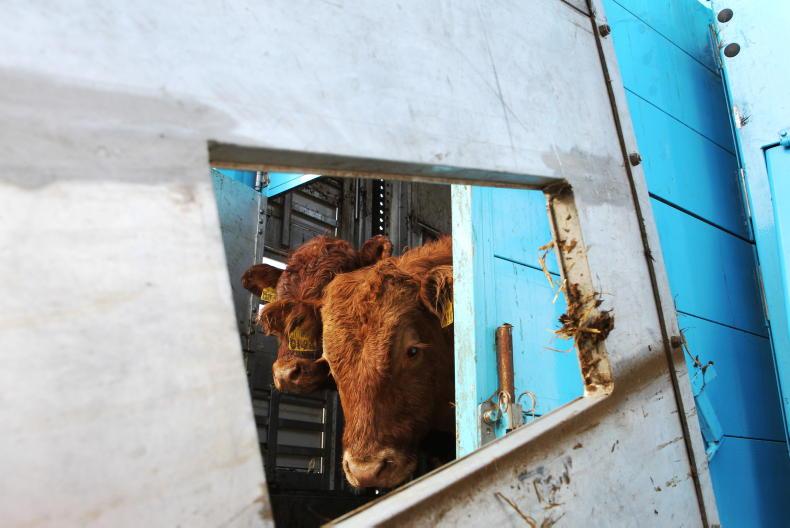

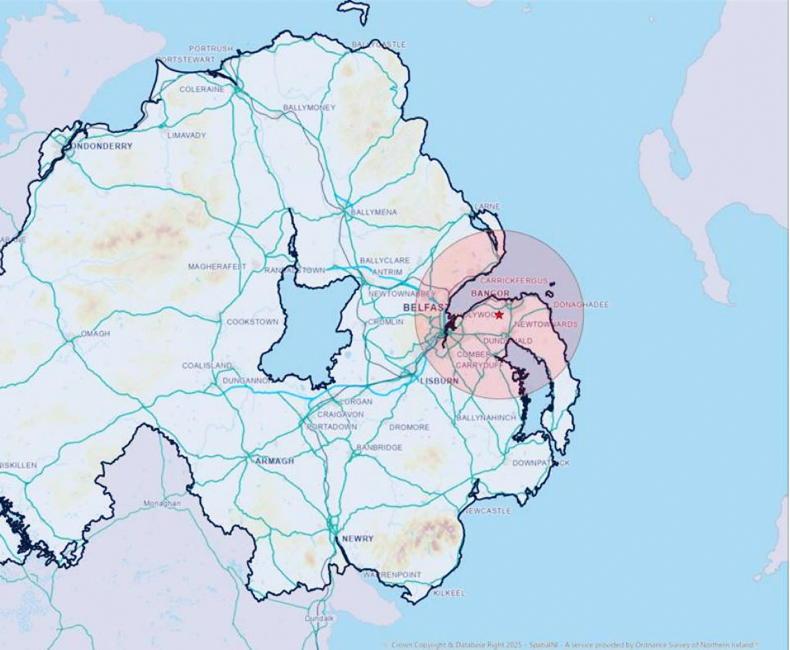
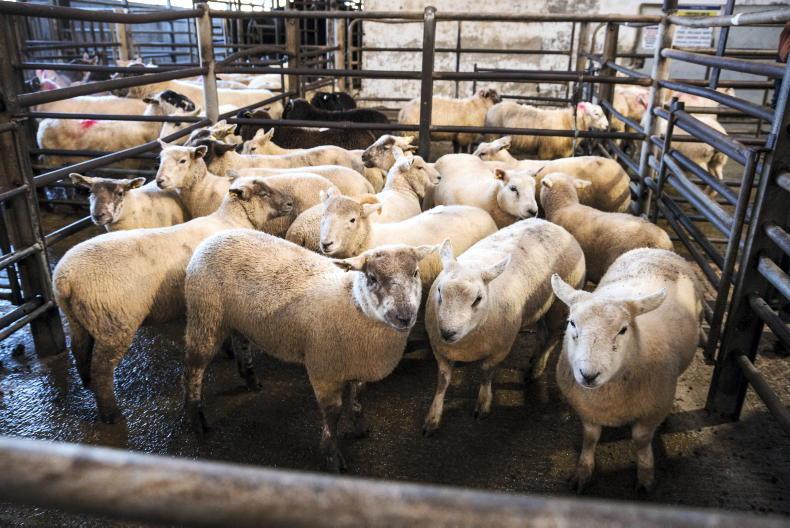
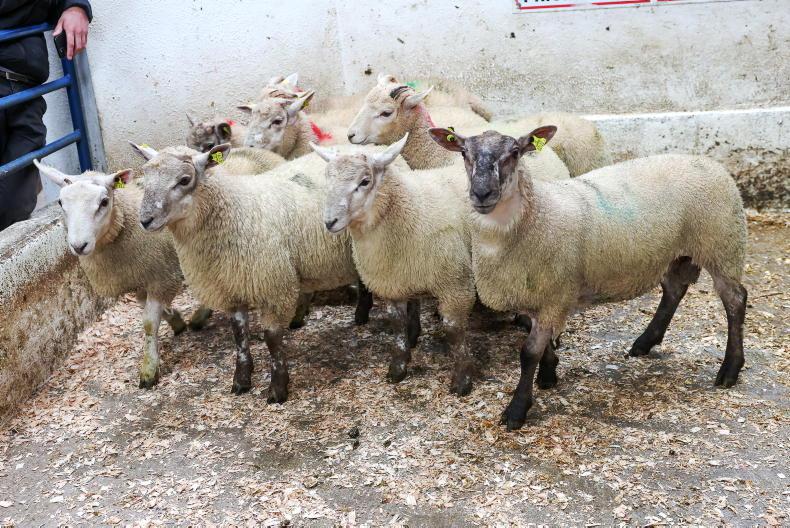
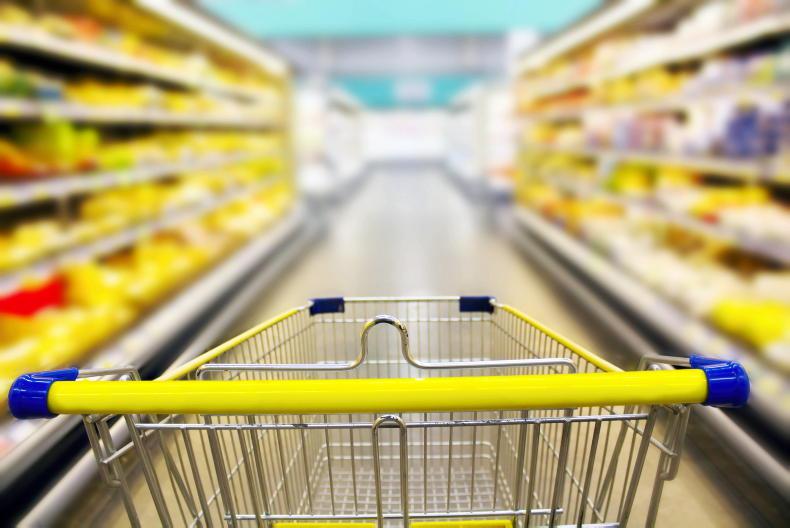
SHARING OPTIONS